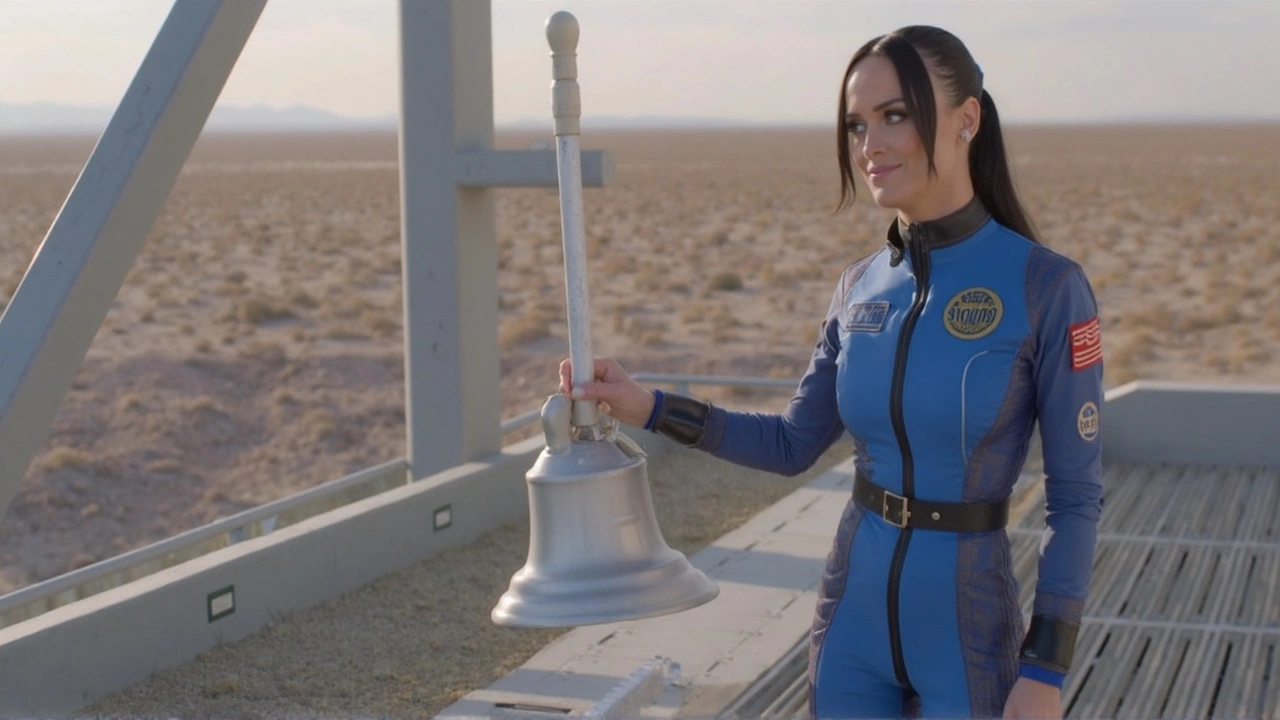Space Mission: What They Are and Why They Matter
Space missions are journeys set out from Earth to explore space, planets, and beyond. These can range from launching satellites to deep explorations of Mars or the Moon. But why should we care about space missions? Simply put, they help us learn about our universe and improve technology that often benefits daily life here on Earth.
Think of a space mission as a carefully planned adventure. Scientists, engineers, and astronauts work together to design a craft, decide its destination, and pick the tasks it will perform. The goal might be to study a planet's atmosphere, look for signs of life, or test new technology in space. Over the decades, these missions have led to breakthroughs like GPS, weather forecasting improvements, and better communication tools.
How Space Missions Work
Launching a spacecraft is a huge job. It begins with designing the spacecraft to handle space's tough environment, including extreme temperatures and radiation. Next comes the launch—usually from a rocket on a specific day when everything aligns perfectly. Once in space, the spacecraft follows a planned route, sending data back to Earth.
Some missions are manned, meaning astronauts travel and work in space, while others are unmanned probes doing experiments remotely. For example, NASA's Perseverance rover on Mars sends photos and information about the planet's surface. Missions like these help us understand if Mars could have supported life and if humans can visit or live there someday.
Why Space Missions Matter to Us
Space exploration isn't just about looking up; it has real benefits for people on the ground. Many technologies developed for space travel end up improving health care, safety, and communication. For instance, memory foam, cordless tools, and better water purification all have roots in space research.
Besides technology, space missions inspire us to think bigger and push boundaries. They remind us that Earth is just a tiny dot in a vast universe. Understanding space better can also help protect our planet by tracking climate changes and spotting potential threats like asteroids.
So, when you hear about a new space mission launching or a rover exploring a distant planet, remember it's a step forward for science and technology that might affect your life in ways you don't see yet. From improving GPS to sparking curiosity about our place in the cosmos, space missions keep pushing us to explore the unknown.
Katy Perry Leads Groundbreaking All-Female Spaceflight with Blue Origin
In an unprecedented space journey, Blue Origin's NS-31 mission, featuring an all-female crew led by Katy Perry, soared past Earth's atmosphere. This marked the first such flight since 1963. While the mission inspired many, it faced criticism over environmental impacts and elitism, igniting debates on space tourism's role and ethics.
Read More
